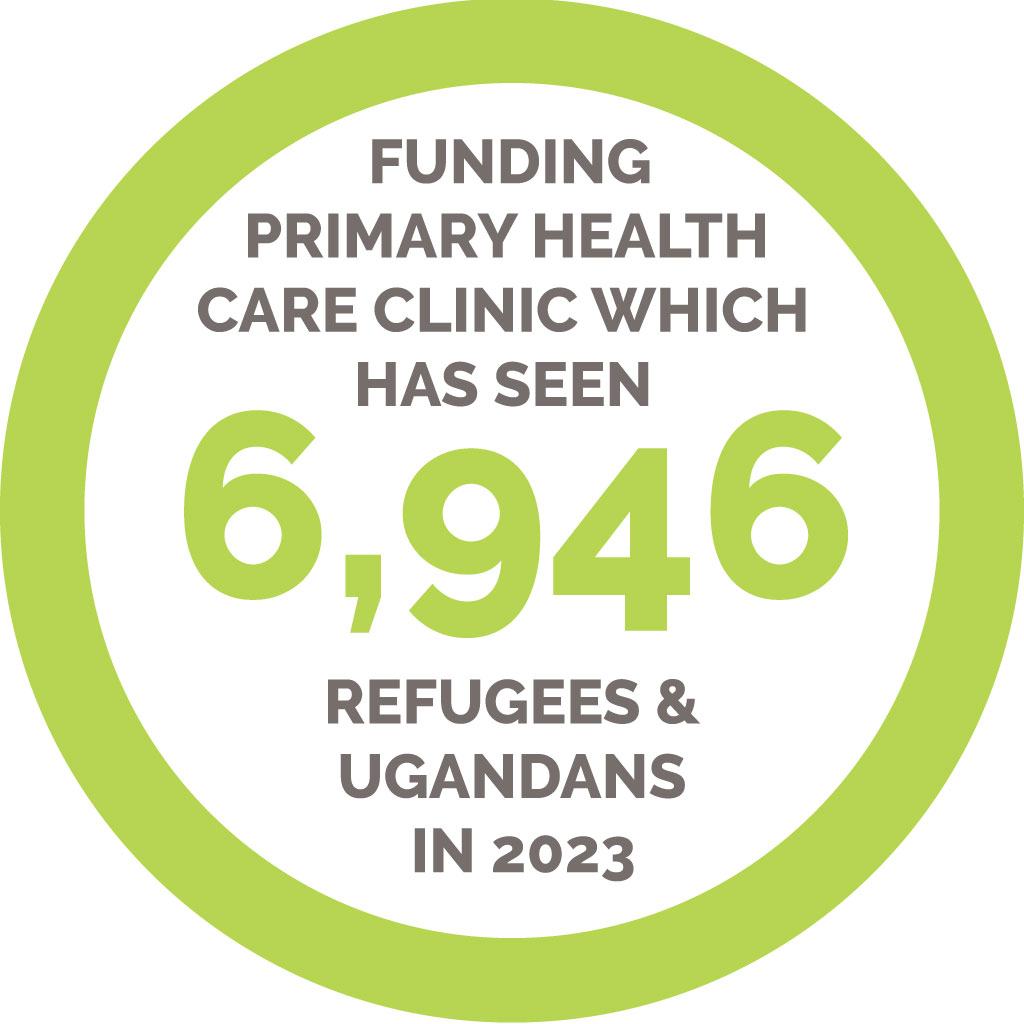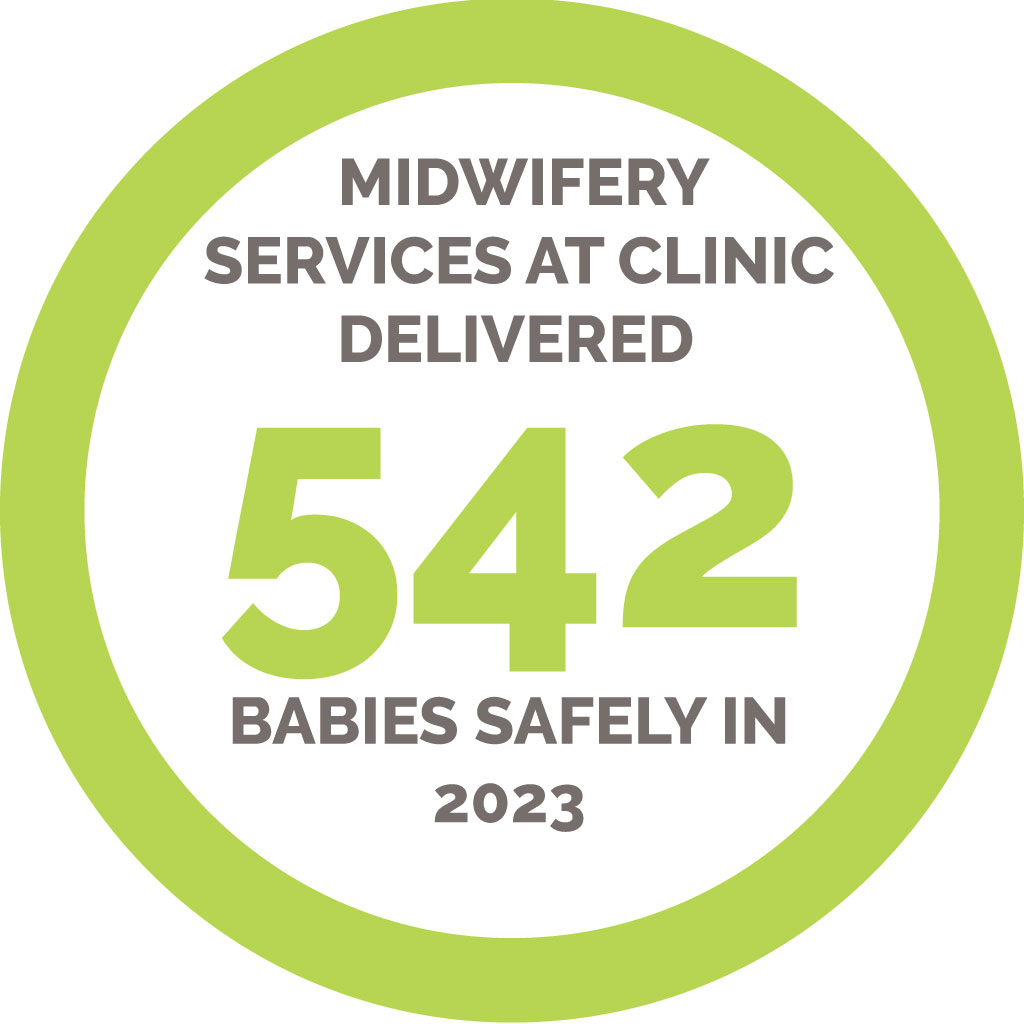Primary Health Care for South Sudanese refugees
The Need
Koboko town in Uganda is home to 150,000 South Sudanese refugees. The Koboko district hosts an estimated community population of 236,000.
- Health care is poor in the area and existing government services are unable to cope with the need caused by the influx of refugees.
- UNHCR and large INGOs are supporting local camps with water access, food staples, and basic needs, the largest unmet need is basic healthcare access.
- Refugees cannot afford private transportation to health centres, walking distances of up to 6 kilometres, to seek treatment.
UNHCR’s assessment of the healthcare needs in Imvepi in 2018 reported that: ‘Limited access to health services leads to some refugees resorting to traditional remedies or selling part of their food rations to afford transportation to the main referral hospital in Arua.’
Our Solution
CRESS aims to help the South Sudanese refugees in Northern Uganda through our clinic and outreach services.
OUR CLINIC
CRESS has partnered with Binary Medical Clinic on the outskirts of Koboko town. The clinic has the required staff (pictured right) and equipment to provide treatment for Malaria, Pneumonia, Diarrhoea, Diabetes, Mellitus, Hypertension, Typhoid, Brucellosis and skin conditions. As well as offering medical care the midwife team have begun antenatal classes. The classes are free and as well as advice mothers-to-be are given iron pills, mama kits and mosquito nets to prepare them for birth. The clinic has an ultrasound scanner for pregnancy and diagnosis.
OUTREACH PROJECTS
It also supports the separately funded RUMPs, hygiene training project, field maternal health project and CATT (Children's Accelerated Trauma Therapy).

Healthcare Stories


First Birth At Binary Medical Centre
Mother (left) and baby are pictured here with BMC midwife, Bethy.

In June, the Binary Medical Center (BMC) ran it’s first Re-Useable Menstrual Pad (RUMPs) training at Yikuru Secondary School in Impevi.
Young women and girls are taught how to sew and maintain menstrual pads and good menstrual hygiene so that they can continue going to school after they begin menstruating.
The headteacher of Yikuru Secondary School said this to BMC staff,
“’The country where they come from needs them. No country will develop without women, they need education and therefore they need to be protected, they need support. They need sanitary pads to keep them in school, not to drop out from school, they need this training for their future benefits. They need to be prepared as future leaders for their country.’’
Clinic Achievements







